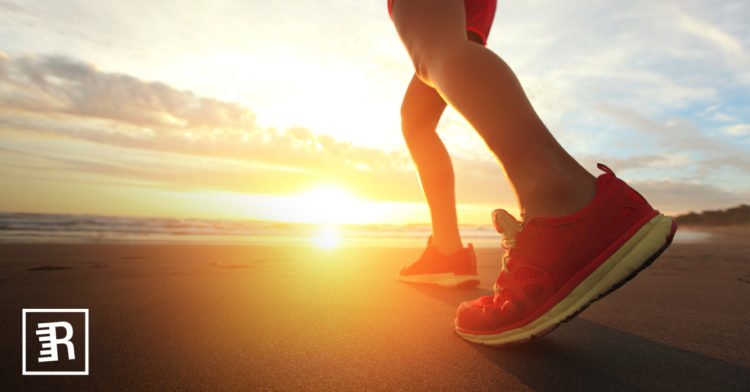Hydration, or too little of it, is an important yet overlooked aspect of running. Yet, it becomes absolutely essential to keeping healthy and staying on track, especially during the summer months.
My experience running in tropical environments
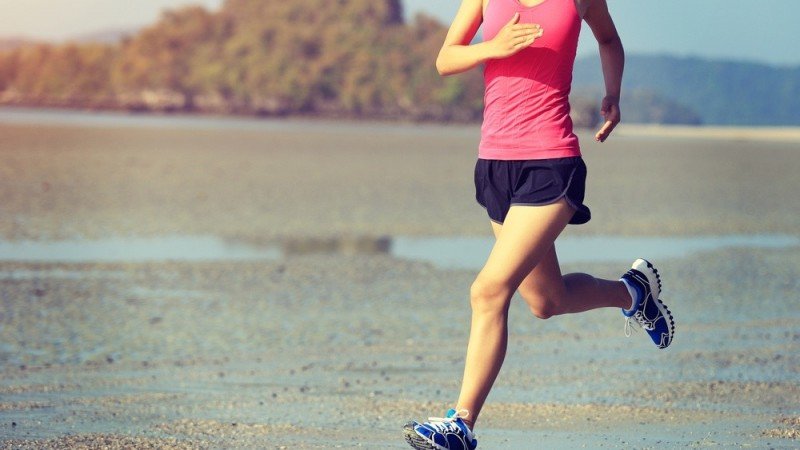
When the heat hits and sweat drips, we can be surprised how much water we lose. I’ve been living in Thailand for the past year and worked at Sports Hotel Thanyapura where marathon runners, Olympic contenders and triathletes come for heat training and acclimatization.
Being a runner myself, I was out on the tracks regularly, sometimes in the midday heat and it was tough. In fact tough was an understatement until my body got used to it. Fail to sip enough H20 before and during the workout and I would really feel it during a run. I would become faint, my head would pound and I’d fatigue much quicker.
When you are training in high heat no matter where you are, you need to know how to hydrate properly.
Why is hydration in heat so important?
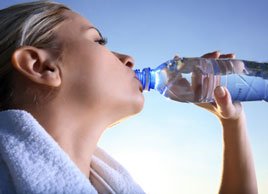
Training in higher temperatures, particularly when you’re not used to it, can cause heat exhaustion. This happens when your intake of water and fluids is less than the amount you’re losing through perspiration. When this occurs you’ll experience symptoms mentioned above like weakness and dizzy spells.
Your skin may even feel clammy, your pulse may weaken and you can become anxious. These symptoms may progress onto more serious matters such as heat stroke which should be treated as a medical emergency.
On top of drinking the recommended 2 liters of water a day, running combined with heat calls for a rise in fluid intake. The harder you’ll work and more heat is produced (approx. 75%) which needs releasing. Not drinking enough means the body cannot function optimally and facilitate chemical reactions as well as it should.
Did you know a decrease of only 2% in fluid can mean performance drops by 10-20%? Now you can see just how detrimental lack of hydration can be to your running.
How much water do you need?
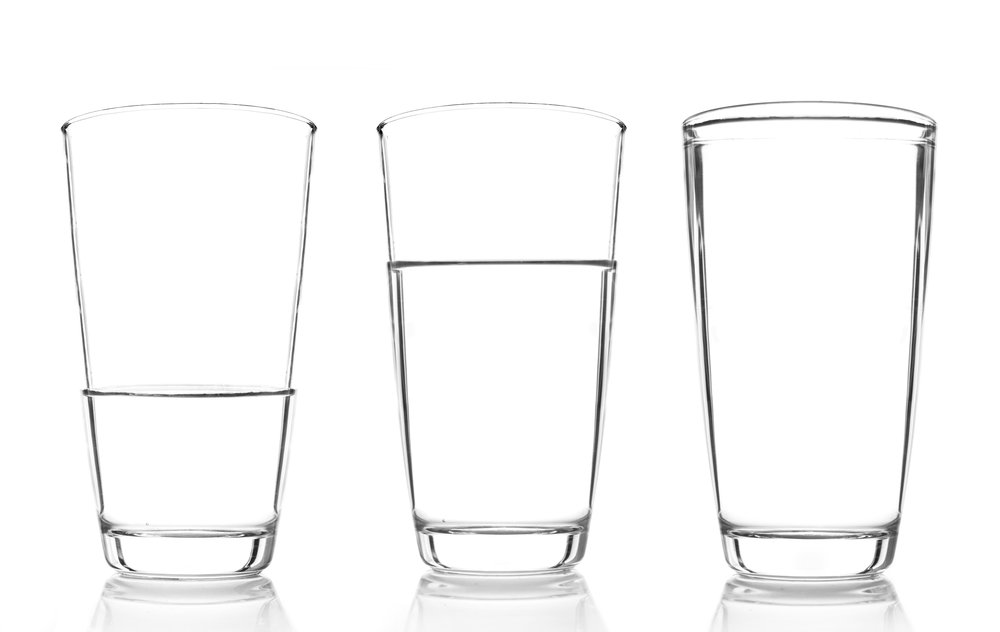
Generally, the rule is to take 500ml of water for every hour you work-out (depending on the intensity). However, we are all different and we need to take this into account when deciding how much we need for sufficient hydration.
How do we do this? Measurement. What you need to do is weigh yourself before your run in the sun. Then do the same again post-workout. Remember how much you have drunk before or during the workout and take this into consideration when measuring. This way, you’ll see how your own body handles fluid loss. Remember, one liter of water = 1 kg.
So essentially, you need to carry out this calculation:
(End weight – Beginning weight) – (weight of water you’ve drunk)
How to get the right hydration during your summer run? – Time it right
Knowing when to drink is a big part of achieving the optimal level of hydration and it should begin before your run. Literally it should start at the beginning of the day as soon as you jump out of your warm bed.
When running in the heat for longer time periods, you need to be sipping as you go. This way you top up the loss and keep your performance up. If you’re not in the swing of drinking decent amounts of water, set a timer on your phone to remind you.
Top tip: small sips often will prevent bloating and stitches rather than drinking lots at once.
Top-up lost fluids after your run too
After the run is equally as important to ensure you remain nice and hydrated. Making sure you drink enough water post-run will refill lost fluids and aid built-up waste from metabolic processes.
Simple strategies for upping hydration in heat
- Understand it’s about more than your health. Drink more. Perform better.
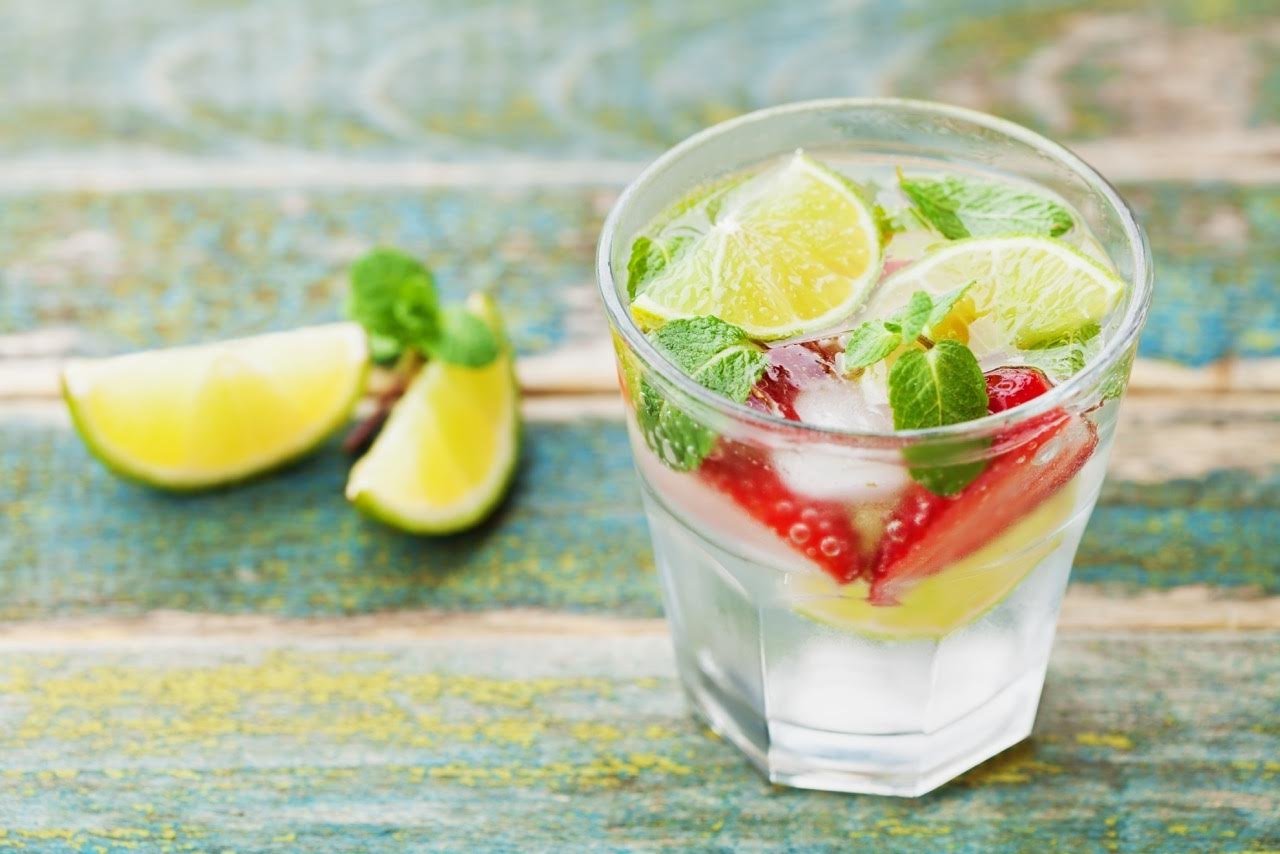
- Top up on lost electrolytes by drinking mineral water/coconut water and energy drinks. Make sure you have sufficient amounts of sodium, potassium and calcium to reduce cramping too. Also, if you only refill on fluids but your electrolytes are depleted, your body works harder to get the right balance of both fluid and electrolytes in cells. Energy that could go into boosting your running performance. This article gives some good alternative sources of electrolytes too you can take pre/post run.

- Plan out your drinking. This is a great thing to do especially if you’re not great at keeping tabs on your water intake. Don’t reply completely on when you feel thirsty. Instead, set mini-alarms or reminders on your mobile to keep you alert.

- Buy the right clothes. You want sports gear that allows you to breathe and release sweat nice and easy.
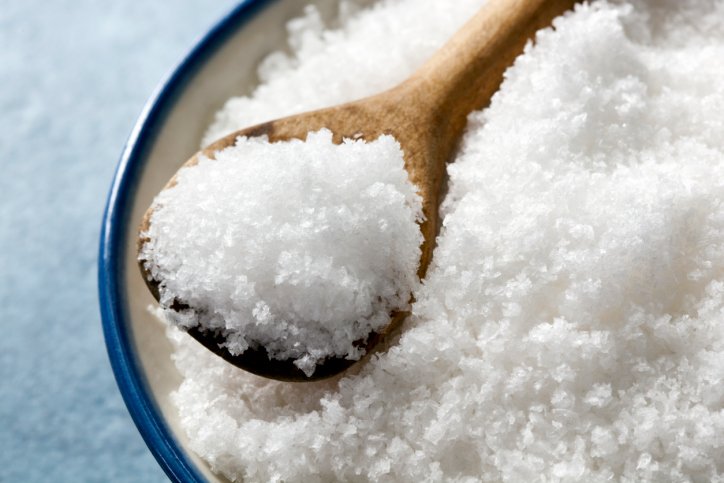
- Add a pinch of salt to your water on the morning of your run t increase your body’s proficiency in dealing with heat better.
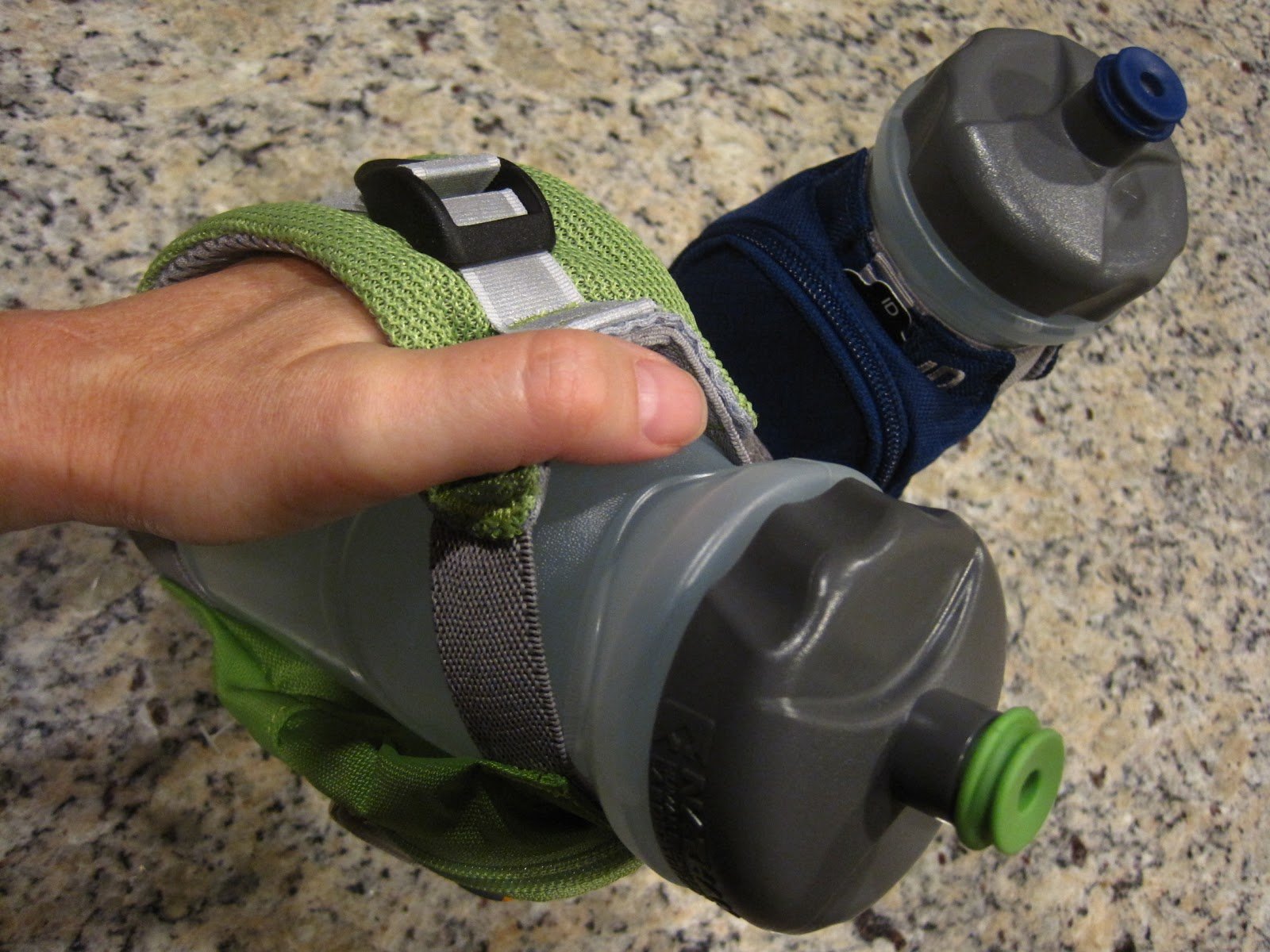
- Buy a water bottle that’s comfortable and has good grip. You don’t want carrying water on a run to be awkward; something you want to leave behind as it detracts from your focus. It’s worth investing in decent bottles with user-friendly designs to make topping up frequently easy.

- Go for runs later in the day. When the sun goes down and the heat eases, this is the best time to run if you’re not specifically after heat-acclimatization training.
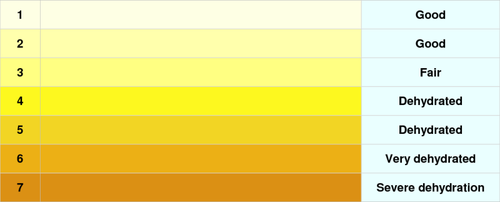
- Remember to check your urine to see if you’re keeping hydrated. Too dark or cloudy and it’s a sign you need to up the H20.

- Ditch the drink. Drinking high amounts of alcohol on the day of the run or the day before inhibits the creation of hormones used to reabsorb water. This means even more water is lost the usual when you urinate.

- Remember food counts too. Even though our main emphasis here is on water and fluid, fruit and veggies also count! Not only do they deliver varying amounts of water to the body but they also deliver essential nutrients like potassium.
Understanding the importance of hydration and how we can increase it when running in the heat is essential to great performance. Not only does it keep our bodies processes functioning properly but it saves us the nasty side-effects of lack of water.

